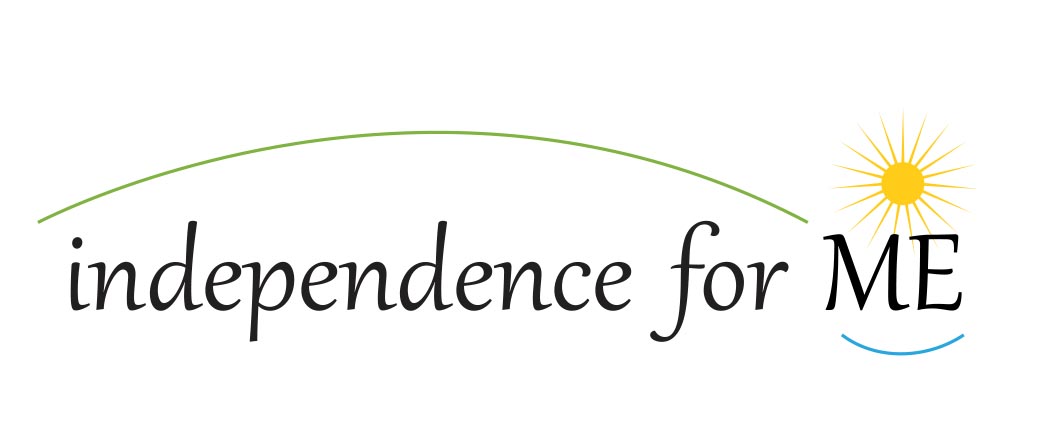Types of Benefits Available to Individuals
Social Security disability benefits can be confusing. Rather than bury this important subject in my FAQs, I felt it important to explain the difference in its own space.
Social Security Disability Insurance (SSDI) benefits are paid out of the account that one has accumulated over the years of paying FICA taxes while working. It is the same account from which you are eventually paid Retirement benefits. The benefit amount depends on how much in FICA taxes you paid into the system. In other words, someone that worked part-time or had generally lower-paying jobs would have a lower benefit than someone that worked full-time at a higher-paying job. If your benefit is high enough, there is also a family benefit available for your children, and possibly your spouse. Your children must be unmarried and under 18 or no older than 19 and a full-time high school student. If you have a disabled child over 18 and the disability began before age 22, that child may continue to receive a family benefit.
It is important to know that once you stop working, and stop paying FICA taxes, your insured status for SSDI benefits will end. It is called your Date Last Insured (DLI). It is similar to not paying car insurance premiums and then getting in an accident – you won’t be covered. Your DLI generally expires about five years after you stop working and paying FICA taxes. What this means is that you have to be able to prove you were disabled before your DLI; if you cannot do so, you will be denied benefits. Remember that being paid under the table will not count towards your SSDI benefits or keep your DLI from expiring. If you are self-employed and only pay income taxes but not FICA taxes, you will not remain insured for SSDI benefits.
Workers’ compensation benefits may cause a reduction in your SSDI, and MainePERS disability or retirement benefits will reduce your SSDI. Besides these benefits, you can have any amount of assets and resources and still receive your full SSDI benefits.
If you are approaching age 62 or are already 62 and are thinking of filing or have already filed for Early Retirement [ER] benefits, you can still file a SSDI claim. If you are approved for SSDI after you have been receiving ER benefits, Social Security will pay you the difference between your disability benefit and the ER benefit you have been receiving. If this scenario applies to you, call me so we can discuss your personal circumstances in more detail.
SSDI benefits are paid on either the 3rd of the month, or on one of the Wednesday’s of the month.
Supplemental Security Income (SSI) benefits are paid to disabled adults and children out of the government’s general fund. Besides having to prove your entitlement due to your medical conditions, you also have to prove that you meet the financial requirements. You cannot have more than $2000 if single, or $3000 if married, in assets and/or resources, and your household income, including that of your spouse, is considered in determining eligibility.
SSI benefits are paid on the 1st of the month. The maximum monthly benefit in 2023 is $914 for individuals. If a married couple both receive SSI benefits, the maximum “couples” benefits is $1371.
Widow’s Disability Benefits are available to someone who is between the ages of 50 and 60 and whose spouse passed away within seven years of the individual becoming disabled. This can be advantageous because the surviving spouse may not qualify for disability benefits on their own account, or their benefit may be much lower than the deceased spouse’s benefit. Again, I welcome any questions you may have in this area.
Disabled Adult Child benefits are paid to individuals who are unmarried and disabled between the ages of 18 and 22 and have a parent who is or was fully insured and either disabled, retired, or deceased.



